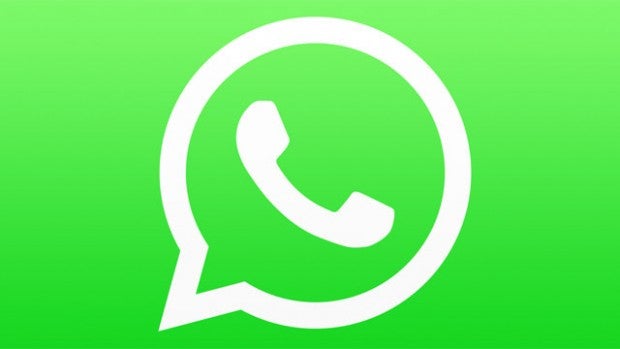EU approves Facebook’s Whatsapp acquisition

The EU Commission has ruled that Facebook’s acquisition of Whatsapp can go ahead, following a review of whether it could hamper competition in the market.
In February 2014, Facebook’s £12 billion ($19 billion) acquisition of messaging app Whatsapp was announced, however it has only just been green-lit by the EU Commission.
The deal was subject to close scrutiny amid concerns it might limit competition in the market – after all Facebook Messenger and Whatsapp are two of the largest mobile messaging services.
However, the commission has deemed that the deal can go ahead, that they are “not close competitors,” despite obvious arguments.
“Consumers will continue to have a wide choice of consumer communications apps,” said European competition commissioner Joaquin Almunia.
“We have carefully reviewed this proposed acquisition and come to the conclusion that it would not hamper competition in this dynamic and growing market. Consumers will continue to have a wide choice of consumer communications apps.”
The deal is the largest in Facebook’s history.
Other major
acquisitions Facebook has made include it’s $1 billion Instagram deal
from 2012, and its $2 billion Oculus VR buy-out from March 2014.
While Facebook Messenger and Whatsapp are two of the best-known messaging apps in the west, one of the largest is actually Chinese. WeChat has 438 million users, as of August 2014, which is not far off Whatsapp’s 500 million.
The Whatsapp merger gives Facebook more clout in this area than any other company, although it has outlined its intention to keep Whatsapp as a separate entity.
via BBC
Read more: Best Whatsapp alternatives


